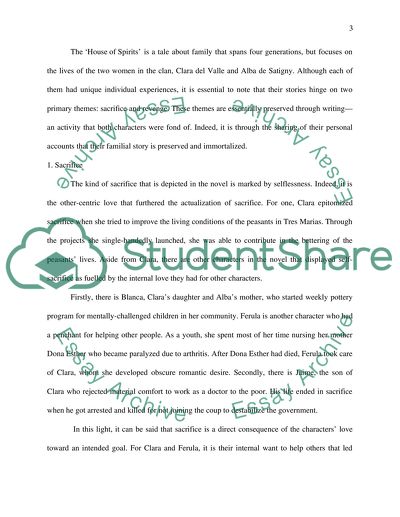Cite this document
(“The House of Spirits by Isabel Allende and the Role of Writing Research Paper”, n.d.)
The House of Spirits by Isabel Allende and the Role of Writing Research Paper. Retrieved from https://studentshare.org/literature/1443471-novel-analysis
The House of Spirits by Isabel Allende and the Role of Writing Research Paper. Retrieved from https://studentshare.org/literature/1443471-novel-analysis
(The House of Spirits by Isabel Allende and the Role of Writing Research Paper)
The House of Spirits by Isabel Allende and the Role of Writing Research Paper. https://studentshare.org/literature/1443471-novel-analysis.
The House of Spirits by Isabel Allende and the Role of Writing Research Paper. https://studentshare.org/literature/1443471-novel-analysis.
“The House of Spirits by Isabel Allende and the Role of Writing Research Paper”, n.d. https://studentshare.org/literature/1443471-novel-analysis.


